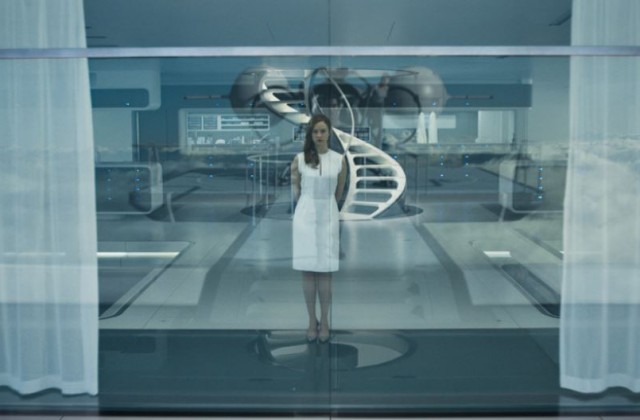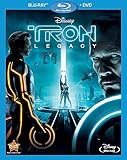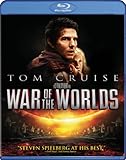Oblivion is beautiful, but doesn’t live up to expectations

Tom Cruise’s sci-fi ‘Oblivion’ is set in a post-apocalyptic future. But as Cruise’s Jack Harper soon discovers, all is not what it seems.
Tom Cruise’s latest film Oblivion isn’t the actor’s first dalliance with the Science Fiction genre, but it is much different than anything he’s done before. The film presents a – relatively – familiar story and adds in a couple of – relatively – familiar twists, but leaves the audiences wondering what it was they just spent the last two hours watching. While I found the story straightforward, more than a couple people leaving the theatre professed confusion.
Cruise is Jack Harper, a member of a two-man crew working as a part of small a planet wide effort to salvage what is left of Earth in the year 2077. Seems that in 2017, aliens attacked us by first destroying the Moon – throwing the planet into geological crisis – before invading. We’re told that humanity was only able to overcome the aliens, called Scavs, by launching nuclear weapons. We won the war, but lost the planet. What is left of society is evacuated to Saturn’s largest moon, Titan, while the team of Jack and his partner Victoria (a surprisingly good Andrea Riseborough) work to maintain the security drones that protect the massive machines that collect what is left of Earth’s most important resource – water – for transfer off-planet.
At first, Jack comes across as a normal guy… a particularly gifted mechanic who enjoys his time on the ground more than Victoria wishes he did. But all is not as it seems (a refrain that will become familiar), as it is revealed Jack is having very specific dreams 2017 that he should not have. Prior to their Earth-side deployment, Jack and Victoria had their memories wiped so that they could share none of humanity’s secrets if captured by the few Scavs still on the planet. Plus? Jack’s not eighty. When an older space vessel crash-lands near him, he begins to realize they are more than dreams.
Which leads to one of Oblivion’s biggest challenges; the story takes several interesting twists and turns – some obvious, others not. But one of the biggest has been completely spoiled by the film’s marketing. I’m generally not one who gets up in arms about a teaser or trailer revealing more of the film’s story than it should, but I think I would have enjoyed Oblivion a great deal more if Morgan Freeman had played a much smaller role in the marketing campaign – though even I get why that’s impossible: you can’t cast Morgan Freeman in a movie and not tell people about it. I can’t help but wonder, though, how much more I would have enjoyed the film if I hadn’t glimpsed one specific scene from the trailer.
That complaint aside, there was a great deal to like about Oblivion. Second-time director Joseph Kosinski (TRON: Legacy) obviously has an incredible visual eye. The cinematography was phenomenal. I was lucky enough to screen the film in an IMAX theatre, and the full-framed presentation was breathtaking. There are wide shots of Jack traveling against the background of a devastated planet that could be printed and hung on walls. Also of note was the sound design; it is rare that I notice a film’s sound the first time through, but Oblivion’s was powerful and dynamic (it helps that my IMAX theatre likes to turn the sound up to eleven).
Sadly, a wonderful technical presentation doesn’t outweigh the flick’s short comings. Clocking in just over two hours, Oblivion feels long. The frequent and – at the risk of repeating myself – beautiful establishing shots began to drag on and on. Few of the film’s other actors, like Melissa Leo or Nikolaj Coster-Waldau (whose turn on Game of Thrones has turned me around as a fan of his) aren’t given much to do; while Olga Kurylenko left me wishing she and Riseborough had switched roles. And while I’m all for embracing one’s sci-fi influences, the constant homages – many likely unintentional – became increasingly grating, especially in the third act.
That being said, I can’t go as far as saying Oblivion fails. Many of the questions the story presents us with are just unique enough to be interesting. Between that and the film’s visuals, I think audiences will walk out of the theatre having enjoyed what the saw on screen. I doubt, however, that most would feel the same way on a second viewing.
 CliqueClack
CliqueClack


